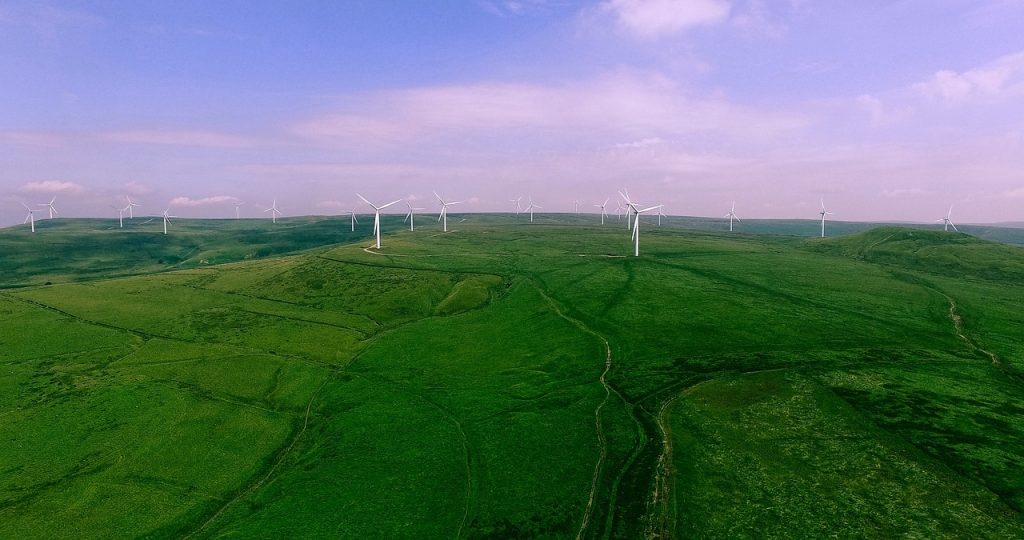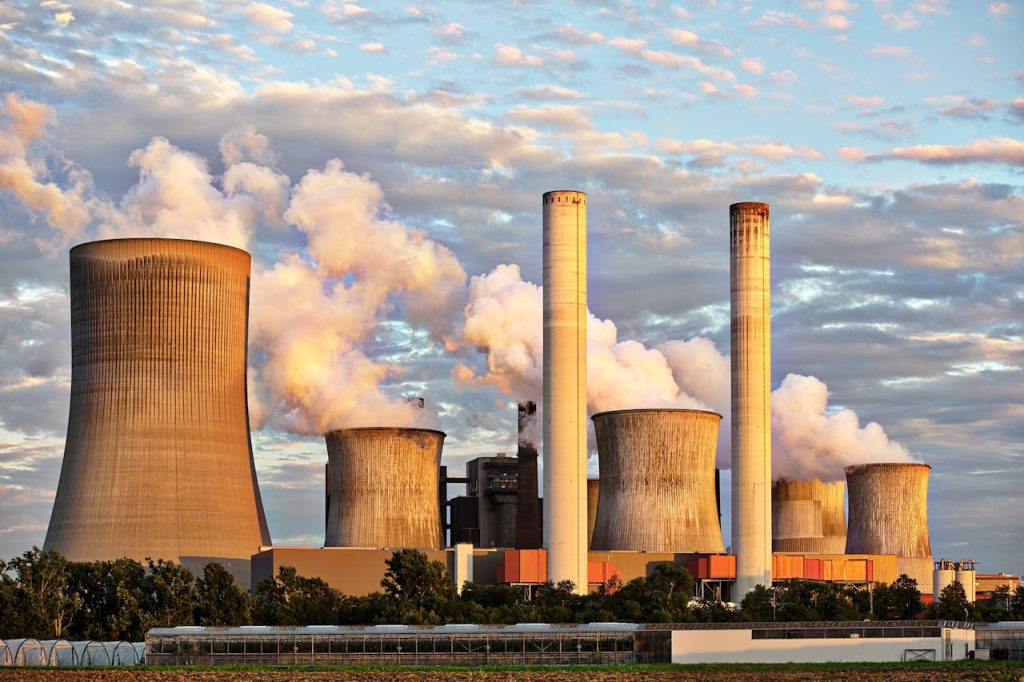
In a world increasingly aware of the need for sustainable living, green technology is at the forefront of innovation. From renewable energy sources to waste reduction technologies, the evolution of green tech is shaping the future of how we interact with our environment. This article will delve into the trends, insights, and emerging technologies that are driving the future of green technology.
Introduction to Green Technology
Definition and Importance
Green technology refers to innovations that promote environmental sustainability through the development and application of new technologies. It includes advancements aimed at reducing pollution, conserving resources, and promoting renewable energy. The importance of green technology lies in its ability to address environmental challenges, reduce carbon footprints, and support a more sustainable future.
The Role of Green Technology in Sustainability
Green technology plays a crucial role in sustainability by providing solutions that help minimize environmental impact. It aids in reducing greenhouse gas emissions, conserving natural resources, and improving energy efficiency, which are essential for achieving long-term environmental goals.
Current Trends in Green Technology
Renewable Energy Innovations
Renewable energy continues to be a major focus in green technology. Innovations such as more efficient wind turbines, advanced photovoltaic cells, and tidal energy systems are pushing the boundaries of how we harness natural resources for energy. These technologies are becoming more cost-effective and widely adopted, leading to significant reductions in fossil fuel dependency.
Energy Storage Solutions
As renewable energy sources like solar and wind become more prevalent, energy storage solutions are crucial for balancing supply and demand. Advanced battery technologies, including lithium-ion and solid-state batteries, are improving energy storage efficiency and capacity. These innovations help ensure a stable and reliable energy supply.
Sustainable Transportation
Sustainable transportation technologies are rapidly evolving. Electric vehicles (EVs) and hydrogen fuel cell vehicles are gaining traction, reducing reliance on traditional fossil fuels. Advances in autonomous driving technology also promise to make transportation more efficient and eco-friendly.
Emerging Green Technologies
Advanced Solar Panels
Recent advancements in solar panel technology have led to the development of more efficient and durable panels. Innovations such as bifacial panels, which capture sunlight on both sides, and thin-film solar cells are making solar power more accessible and affordable.
Smart Grids and Energy Management
Smart grids use digital technology to monitor and manage electricity distribution more efficiently. These grids can optimize energy use, integrate renewable sources, and provide real-time data for better decision-making. Energy management systems (EMS) also help businesses and homes reduce energy consumption and costs.
Carbon Capture and Storage
Carbon capture and storage (CCS) technologies are designed to capture carbon dioxide emissions from industrial processes and store them underground. This technology plays a critical role in reducing greenhouse gas emissions from major sources and mitigating climate change.
Impact of Green Technology on Industries

Manufacturing
Green technology is transforming manufacturing by promoting energy efficiency and reducing waste. Technologies such as advanced recycling processes and eco-friendly materials are helping manufacturers lower their environmental impact while maintaining productivity.
Agriculture
In agriculture, green technology is improving sustainability through precision farming, which uses data and technology to optimize crop yields and minimize resource use. Innovations like vertical farming and automated irrigation systems are also contributing to more sustainable agricultural practices.
Urban Development
Green technology is shaping urban development through the creation of smart cities. These cities use technology to manage resources efficiently, reduce pollution, and improve quality of life. Green building practices, including the use of sustainable materials and energy-efficient designs, are becoming standard in new construction projects.
Government Policies and Support
Incentives and Regulations
Governments around the world are implementing policies and incentives to support green technology adoption. These include tax credits, subsidies for renewable energy projects, and regulations that promote energy efficiency and reduce emissions. Such policies play a significant role in accelerating the development and deployment of green technologies.
Global Initiatives and Agreements
International agreements, such as the Paris Agreement, aim to combat climate change and promote sustainability. These agreements encourage countries to set and achieve ambitious environmental goals, driving global efforts to advance green technology and reduce carbon emissions.
Challenges and Considerations
Technological Limitations
Despite significant progress, green technology still faces limitations, such as high costs and technical challenges. Continued research and development are necessary to overcome these barriers and make green technologies more widely accessible.
Economic Factors
Economic factors, including the cost of implementing new technologies and the availability of funding, can impact the adoption of green technology. Addressing these economic challenges is crucial for ensuring that green technologies become mainstream and economically viable.
Public Acceptance
Public acceptance is vital for the success of green technology. Educating the public about the benefits of green technologies and addressing concerns about their effectiveness and reliability can help increase adoption and support.
Future Directions and Predictions
Innovations on the Horizon
The future of green technology is bright, with ongoing research and development leading to exciting innovations. Emerging technologies such as advanced energy storage solutions, next-generation solar panels, and novel materials for carbon capture are poised to revolutionize the field.
Potential Market Leaders
Several companies and startups are leading the charge in green technology, driving innovation and setting trends. Keeping an eye on these market leaders can provide valuable insights into future developments and opportunities in the industry.
The Role of AI and Machine Learning
Artificial intelligence (AI) and machine learning are increasingly being used to enhance green technology. These technologies can optimize energy use, predict maintenance needs, and analyze large data sets to improve efficiency and sustainability.
How to Stay Updated on Green Technology
Recommended Resources
Stay informed about green technology by following industry news, subscribing to relevant journals, and engaging with online communities focused on sustainability and innovation. Resources like the International Energy Agency (IEA) and GreenTech Media provide valuable insights and updates.
Industry Conferences and Publications
Attending industry conferences and reading publications can help you stay up-to-date with the latest developments in green technology. Events like the Renewable Energy Conference and publications such as Energy Journal offer opportunities to learn from experts and network with professionals in the field.
Conclusion
The future of green technology is promising, with numerous innovations and trends shaping the path toward a more sustainable world. By embracing these technologies and staying informed about the latest developments, individuals and businesses can contribute to a greener future and benefit from the advances in green tech.
